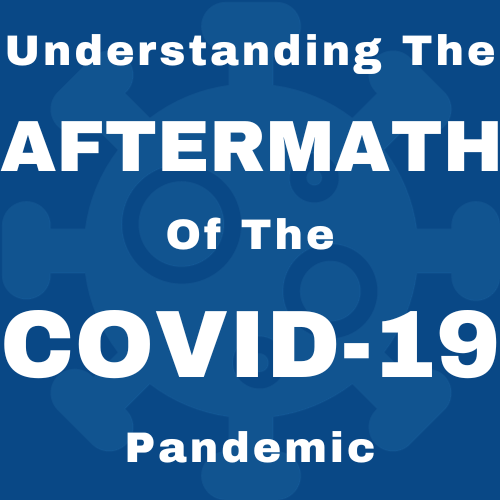Project Overview
To learn more about the project or the research team, please choose one of the tabs below.
The project will survey 1,600 participants five times over the course of 12 months. Eligible participants will be selected from counties that vary in terms of two factors: 1) the degree of COVID-19 related economic impact and 2) the degree of social capital (defined at a county level as shown here). These counties comprise rural, suburban, and urban areas, as well as diverse socioeconomic levels, races and ethnicities, and political beliefs. We will assess various aspects of functioning, including financial strain, employment status, general distress, well-being, loneliness, social behavior, social support, and the perception of close others.
This project is led by Anthony Mancini, PhD, a Professor of Psychology at Pace University. The aims of the project are to: 1) better understand mental health and well-being in the aftermath of the pandemic; 2) evaluate the role of the social environment in facilitating adaptation in the face of economic stress and hardship, with a focus on individual social behavior, social cohesion, neighborhood relations, and community orientation.
Achieving these aims will help diagnose the impact of economic stress more broadly on key psychological functioning outcomes. We hope that our findings can inform policy, clinical intervention, and future research on collective acute stressors. As our findings emerge, publications, news stories, blog posts, and others material will be listed on this website.
Principal Investigator / Project Director
Anthony Mancini, PhD, is a Professor of Psychology at Pace University who studies loss, trauma, COVID-19, resilience, “psychosocial gains from adversity,” and social dimensions of the stress response. He has published extensively in the field of psychological resilience, individual differences in responses to stress, and the role of social processes in adaptation to acute stress and trauma. Among the events he has examined are the Virginia Tech campus shootings, the 9/11 terrorist attacks, military deployment to Iraq and Afghanistan, traumatic injury, bereavement, divorce, and the COVID-19 pandemic. He currently serves as the Chief Editor of Anxiety, Stress & Coping, a Taylor & Francis journal. He has published over 70 journal articles and book chapters, and his work has also been featured in the New York Times, Los Angeles Times, the Deseret News, Huffington Post, the Mercury News, and other outlets.
Research Coordinator
Zachary Model completed a master’s degree in mental health counseling at Columbia University and is a doctoral student at Pace University. Since 2016, he has assisted research in four labs exploring stress, social interactions, and functioning. Zachary is a psychotherapist in private practice, specialized in experiential approaches to learning and healing (Gestalt therapy, AEDP, Developmental Somatic Psychotherapy, contemplative psychotherapy, Feldenkrais method). He is a supervisor and teacher at the Center for Somatic Studies and guest teacher at the Nalanda Institute for Contemplative Science.
Research Team
Asha Kadir Mohammed is is a doctoral student in the Pace University’s PhD program in Mental Health Counseling. She is currently studying the effects of acculturative stress on social affiliative behavior among international students in the United States.
Angelina Rigoroso is a doctoral student in Pace University’s PhD program in Mental Health Counseling. She received her Masters in Mental Health Counseling from Boston College where she completed an internship in crisis intervention at Riverside Community Care. She currently assists Dr. Mancini with his research involving COVID-19, acute stress, and social interactions.
Nicole C. Maewsky is a doctoral student at Yeshiva University’s Clinical Psychology with Health Emphasis PhD program. She executed an independent project under Dr. Mancini’s mentorship examining the effects of COVID-related bereavement. Nicole completed an internship at NYSPI studying the long-term effects of trauma in marginalized populations as well as an internship at the Nathan Kline Institute examining MRI’s in trauma victims. She currently works as a counselor for mentally ill chemically addicted adults. Nicole also conducts research at Pace’s Interpersonal Behavior Lab.
Cherylle Chapman is a doctoral student in Pace University’s PhD program in Mental Health Counseling. She is currently studying the effects of collective trauma on help-seeking intentions in the Black community.
.
